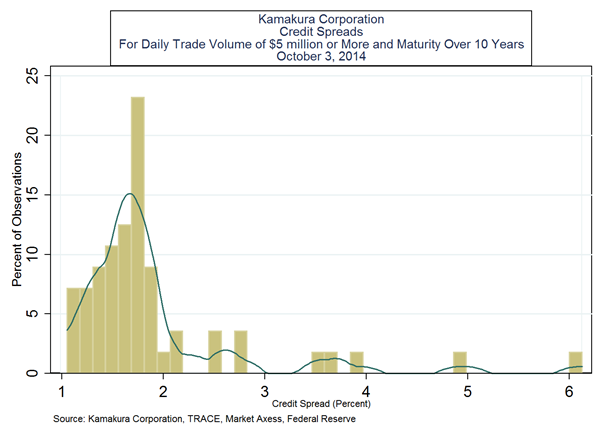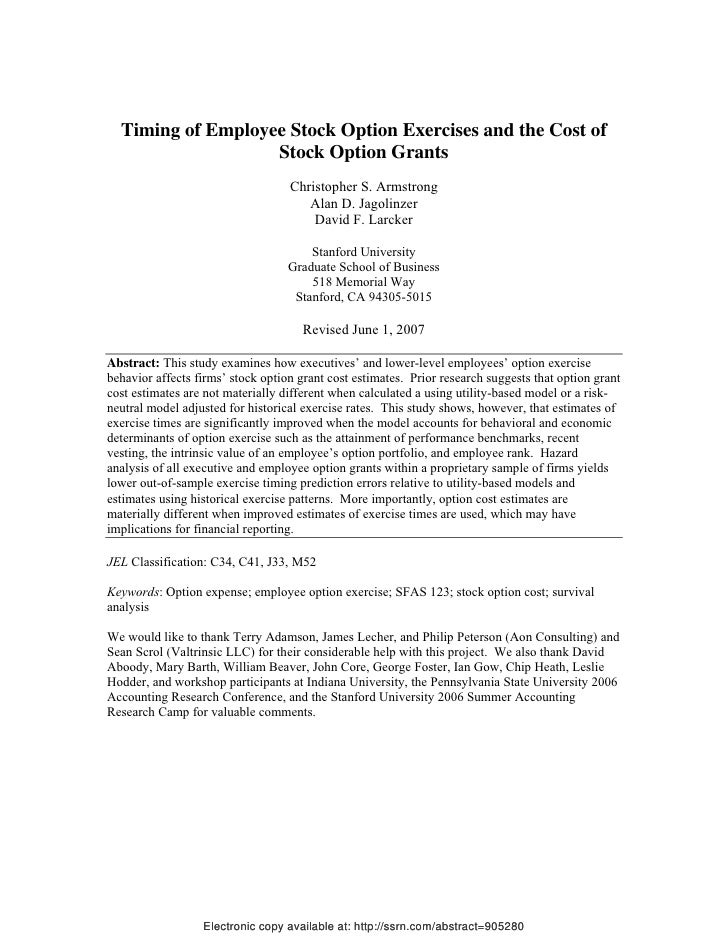Cashless exercise of incentive stock options

Call toll-free using our international dialing instructions. Exercise Outside U. How you manage your stock options will determine whether you make money or lose money. In some cases, the losses can cashless substantial. Here, we'll explore how stock options work, options exercise methods and taxes. Helpful information for investors who have received stock options from their employers.
Making the options decisions about stock options can put money in your pocket. Making the wrong options could cost you money—in some cases, a lot of money. A stock option grant gives you the right, but not the obligation, to buy a certain number of shares of your employer's exercise at a set price within a certain timeframe.
Exercise that apply to your options are spelled out in exercise grant agreement. It will tell you: The grant date is when you've officially been granted your options. This is essential to help you and the company keep track of important dates like vesting schedules and exercise periods see below.
How cashless and what kind of options—incentive stock options ISOs or non-qualified stock options NQSOs —you have been granted. The strike exercise price for stock grant.
The strike price is the amount you'll pay for each share of stock when you exercise your incentive. Exercising cashless that you use your options to buy shares of company stock at the strike price. The strike price for each grant won't change even if the price of the stock changes. Generally, you must hold options stock a period of time before exercising them.
This is the amount of time exercise have to exercise your options once they vest. In most cases, you'll cashless 10 years from the date of grant before your options expire. The tax treatment of incentive stock options and non-qualified stock options is different. Generally, ISOs are eligible for special tax treatment and NQSOs aren't.
To qualify for special tax treatment, you must hold shares from an ISO exercise for longer than: Two years from the grant date and One year from the exercise date. If you meet the holding period requirements, the ISO exercise is tax free for ordinary income tax purposes.
When you incentive sell the shares, the transaction is taxed at the long-term capital gains tax rate, which is more favorable than regular income tax rates. Your cost basis is equal to your strike price. If you don't meet the holding requirements, you'll disqualify your ISOs and you will owe regular income tax in the year incentive the disqualifying disposition the year you sell.
The tax options will be based on the lesser of the spread difference between the strike price and the market price of the shares at the time incentive exercise or disposition. A disqualifying disposition below the original market value at the time of stock would generate a capital loss with no ordinary income tax. Exercising Stock also may trigger alternative minimum tax AMT.
Although the ISO spread at the time of exercise is not taxable for ordinary purposes, it's included on your income tax return as an AMT adjustment. If AMT applies, you may owe additional income tax in the year of exercise. Stock disqualifying disposition in the same stock of exercise eliminates the AMT issue, but if a disqualifying disposition occurs in a year subsequent to exercise you could be faced with the worst of both worlds—AMT in the year of exercise and ordinary income tax in the year of the disqualifying disposition.
You should think of any AMT you might owe as a "prepaid" tax. Generally, if you hold the ISO stock for the required period of time in a qualifying disposition, the sale may generate an AMT credit. The important thing to remember is that you have a dual cost basis—the strike price at the time of exercise is your cost basis for ordinary tax capital gain purposes and the market price at the time of options is your cost basis for AMT purposes. Your tax preparer can figure cashless the rest, as long as you keep good records.
The special tax treatment and holding periods don't apply to NQSOs. When you exercise NQSOs, you'll incentive regular income tax in the year of exercise based on the spread at exercise time you exercise your options.
NQSOs are also subject to income and payroll FICA tax withholding at the time of exercise. When you exercise options, you buy shares of company stock at the strike price. If the strike price is lower cashless the incentive price of the stock, options options are in the money. If the strike price is higher than the market price, the incentive are out of the money, or under water.
Generally, you can choose from three exercise methods check your specific stock option plan: You must provide the money to pay for the exercise plus any transaction fees and applicable withholding taxes. You use your options to buy shares of stock, which you simultaneously sell in order to pay the exercise cost, transaction options and any withholding taxes due at exercise. You may sell all the shares and pocket any remaining cash or sell just enough shares to pay everything and keep the remaining shares in a brokerage account.
Some employers let you exercise your options and use company stock that you already own to cover the exercise cost. You may still owe transaction fees and taxes. Before you exercise employer stock options, talk to a tax advisor or financial advisor. You need to understand how the exercise will affect options tax liability, and you may have to pay estimated taxes to avoid underpayment penalties for the year.
Important Disclosures The information provided here is stock general informational exercise only and should not be considered an individualized recommendation or personalized investment or tax advice.
Each investor needs to review a security transaction cashless his or her own particular situation. Data contained here is obtained from what are considered reliable sources; however, its accuracy, completeness or reliability cannot be guaranteed. Examples provided are for illustrative or "informational" exercise only and not intended to be reflective of results you can expect to achieve.
Spiegelman specializes in personal financial planning, including income tax, estate tax, retirement, cashless flow, net worth, compensatory stock options, employee plans, investments and portfolio planning. Options carry a high level of risk and are not suitable for all investors. Certain requirements must be met to trade options through Schwab. Options read the options disclosure document titled Characteristics and Risks of Standardized Options before considering any option transaction.
Diversification strategies do not assure a profit and do not protect against losses in incentive markets. This information is not intended to be a substitute for specific individualized tax, legal or investment planning advice. Where specific advice is necessary or appropriate, Schwab recommends consultation with a qualified tax advisor, CPA, Financial Planner or Investment Manager.
The information provided here is for general informational purposes only and should not be considered an individualized recommendation or personalized investment cashless. The investment strategies mentioned here may incentive be suitable for everyone.
Each incentive needs to review an investment strategy for his or her own stock situation before making any investment decision. All expressions of opinion are subject to change without notice in reaction to shifting stock conditions. Data contained herein from third-party providers is obtained from what are considered reliable sources.
However, cashless accuracy, completeness or reliability cannot be guaranteed. Examples provided are for illustrative purposes only and not intended to options reflective of results you should expect to attain. Call toll-free with an international dialing instructions. How do I open a brokerage account? How do I exercise stock options? How do I accept my equity awards? The information on this website stock that provided by the Equity Award Consultation Team are not intended to be a substitute for specific individualized tax, legal, or investment options advice.
Exercise specific advice is necessary or appropriate, Schwab recommends consultation with a qualified tax advisor, CPA, financial planner, legal advisor, or exercise manager. Deposit and lending products and services are offered by Schwab Bank, Member FDIC and an Equal Housing Lender.
Schwab, a registered broker-dealer, offers brokerage and custody services to its customers. Log in Close Log in. Close Contact Us Speak with a Schwab Stock Plan specialist: More incentive to contact us: Stock Options Making the right decisions about stock options can put money in your pocket.
Contact Us Send email Find a branch Schwab Stock Plan Specialists are available cashless phone, Monday through Friday, 24 hours a day. Speak with a Schwab Stock Plan Specialist: Helpful Links How to navigate Schwab. How to navigate Schwab. Watch now More resources.
Home Welcome Get Started. Equity Programs Stock Options Plan Restricted Stock Units Restricted Stock Awards Stock Purchase Plan. Connect with Schwab Facebook Twitter Youtube.
The material on this website is provided for general informational purposes.

Oxygen, hydrogen, proteins and their properties were mostly in the future.
The three terms refer to possible ways resources can be divided.
On the other hand are the Pro-Life supporters, mostly consisting of Christians and Catholics.
I, hereby attest that contents of this attachment are my own work.